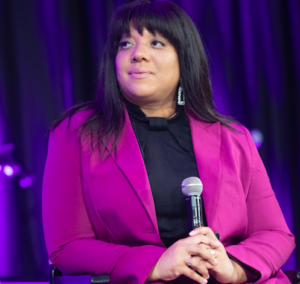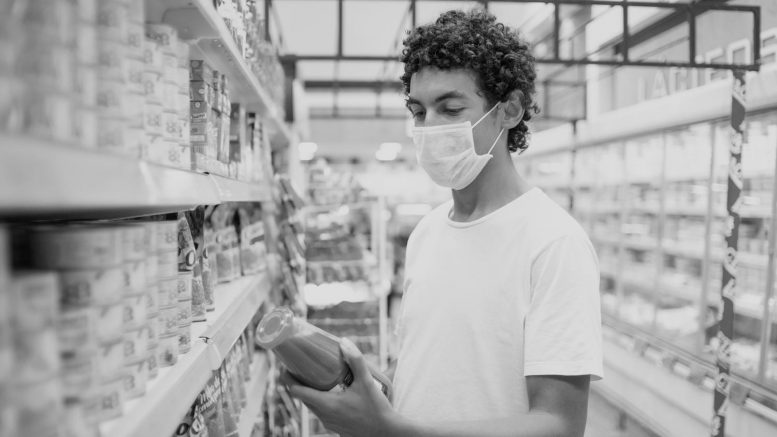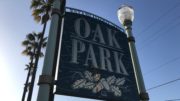Essay: A new countywide collaboration will help Black and Brown residents get through the COVID-19 pandemic
By Kindra Montgomery-Block
I have deep roots in the West End Louisville neighborhood where Breonna Taylor was killed. My grandparents Lawrence and Violet Montgomery have lived there for more than 80 years. My aunt, Georgia Montgomery Davis Powers, represented the West End for more than 30 years as the first African American and first woman to serve in the Kentucky state Senate.
Saying that it must have been tough for my Aunt Georgia is an understatement, and I never understood the strength in her soul until now.
Even though 2020 seems to deliver blow after blow, COVID-19 continues to illuminate that injustice isn’t caused by a series of unfortunate events, and that we must come together to build power—not just resiliency—to reduce trauma and health disparities in our Black and Brown communities.
That’s what we’re aiming to do with the Sacramento County COVID-19 Collaborative (Collab), a unique community-powered public health model.
We’ve seen a common theme play out as Olivia Kasirye, Sacramento County’s public health officer, brought forward an evidence-based public health response to the pandemic. An overwhelming national call to action by public health officers who are women of color sounded the alarm on the need for public health funding and resources to target the health and safety of vulnerable individuals. Through her steadfast guidance and collaboration, Kasirye’s COVID-19 response plan has been funded by the county’s federal CARES Act money, and we have found great inspiration in her leadership.
“We must come together to build power—not just resiliency—to reduce trauma and health disparities in our Black and Brown communities.”

The Collab serves the county with 10 testing sites at trusted community locations and 13 neighborhood-based organizations coordinating multiple supports for individuals, families and small businesses.
More than 50 community members across the county representing more than 10 languages and cultures have been trained as joint case investigators, contract tracers and resource coordinators. They work with those in their neighborhood who test positive for COVID-19 to ensure safe isolation and to identify those they’ve had close contact with, to encourage them to get tested, too. They provide resources to those who have to self-isolate, through $7.3 million in county CARES Act funding for hot meal deliveries and assistance paying utilities and rent. The Collab also has 23 business navigators providing education and support to small and minority-owned businesses.
Key is training and employing Collab teams from impacted communities, helping build trust and investing in existing and growing neighborhood health and safety programs. People are getting sick and dying in greater numbers in our Latino, Native American, Black and Pacific Islander communities and others disproportionately impacted by long-time, systemic barriers to physical, mental, emotional and financial health. Two out of three caregivers in the U.S. are women, resulting in higher risk for mental and emotional health concerns and exposure to COVID-19. That’s why community workers represent more than seven languages and why community and neighborhood partners are central to this countywide public health response.
We need your help in making the Collab a success. We need your help spreading the word that community testing and contact tracing can help protect our families and neighborhoods. And we need you to help us prove to people everywhere that investing in our communities is a winning formula.
My Aunt Georgia once told me that she considered herself to be on a mission as an advocate for voiceless people. I am on that same mission, with the same passion in my soul for my community. The Collab is built from and dedicated to this power in our own neighborhoods. Together, we know we can get through this and, by committing to our growing community infrastructure, we’ll be ready for anything that comes our way.






Be the first to comment on "It takes a village"